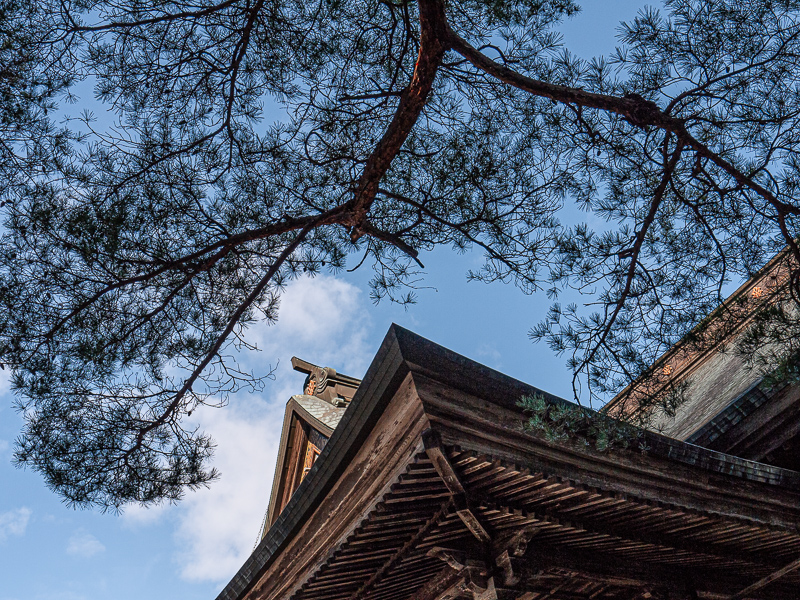Every Picture Is a Compromise
Lessons from the Also-rans
Most photography websites show the photographer's very best work. Wonderful. But that's not the full story of a creative life. If we want to learn, we'd better pay attention to the images that aren't "greatest hits" and see what lessons they have to offer. Every picture is a compromise — the sum of its parts, optical, technical, visual, emotional, and even cosmic – well, maybe not cosmic, but sometimes spiritual. Success on all fronts is rare. It's ok to learn from those that are not our best.
This is a series about my also-rans, some of which I've been able to improve at bit (i.e., "best effort"), none of which I would consider my best. With each there are lessons worth sharing, so I will.

Previous image | Next image |
Original digital capture

How did I miss this one? Week
Sometimes while working my Lightroom catalog, I'll completely miss an image that shouldn't be ignored. This week will be examples of images I unburied from the depths of my archives to discover a gem I'd been overlooking for years.
What I saw that I liked:
Love the way the corner of the temple and the pine tree appear to be in conversation.
What I don't like in the picture:
The heavily processed image above appeared in my book Dreams of Japan. I like the image and was happy to use it as you see it here. Having done so, however, I haven't spent any more time with it.
What I learned:
But then I started a new project that could use this image with different processing — a completely different processing. In particular, I needed to pull up some shadow detail under the pointed corner of the roof. It works! In this case, the image wasn't buried as much as I was not able to see it in a new way. Silly me.
2nd Chances: What I might try next
BTW, yet another example of how much there is to find in deep shadows with a digital workflow and today's cameras with a high dynamic range. |
|


